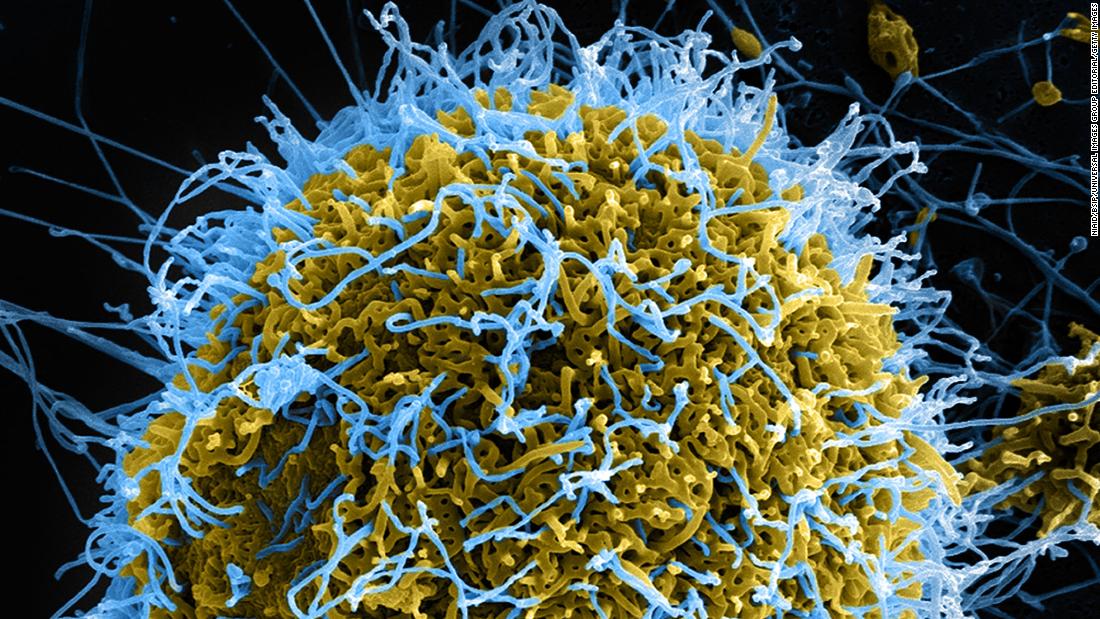Health officials in the southeastern N’Zerekore district said seven people who attended a nurse’s funeral had tested positive for the disease and had symptoms such as diarrhea, vomiting and bleeding. Three of them died after the February 1 funeral. It is not clear whether the nurse, who worked at the local health center, died of Ebola.
The World Health Organization (WHO) has pledged to support Guinea by helping to obtain the Ebola vaccine, which helped to control the recent outbreaks in the Democratic Republic of Congo. Its teams are already on site, also helping to ensure infection prevention and control in health facilities and other important locations, as well as helping communities.
An Ebola treatment center will also be opened in the Gouecke region of N’Zerekore, where the outbreak was declared.
The Red Cross said in a statement that a network of more than 700 trained volunteers was “activated as part of a first wave of response and the government asked people to respect hygiene and prevention measures and report the signs of the disease to health authorities. . “
The largest Ebola outbreak in the world so far began in 2014 in Guinea and continued until 2016, spreading to neighboring Liberia and Sierra Leone. More than 28,000 people were infected and more than 11,000 died.
The current outbreak has started again in a border area of Guinea and WHO says it is working with health officials in Liberia and Sierra Leone to increase surveillance in border districts, as well as to improve the capacity for testing cases.
“WHO is supporting authorities to create testing, contact tracking and treatment structures and to bring the overall response to full speed.”
West African countries are on high alert and Nigeria says it is monitoring the situation and will issue a public health warning to address concerns in Africa’s most populous nation.
Ebola disease, which most commonly affects people and non-human primates, such as monkeys, gorillas and chimpanzees, is a serious disease that spreads for the first time from wild animals to humans. Humans can be infected by other humans if they come into contact with bodily fluids from an infected person or contaminated objects from infected people. Humans can also be exposed to the virus, for example, by slaughtering infected animals.
The health agency said it is working with partners to provide essential medical supplies to support local health officials. Vaccinations also started in the region on Monday.
The DRC has faced several outbreaks of Ebola to date. In June 2020, the DRC reported its eleventh Ebola outbreak. 130 confirmed and probable cases were reported, as well as 55 deaths.
CNN’s Maria Fleet, Mia Alberti, Meera Senthilingam, Sharon Braithwaite and Nimi Princewill contributed to this report.
